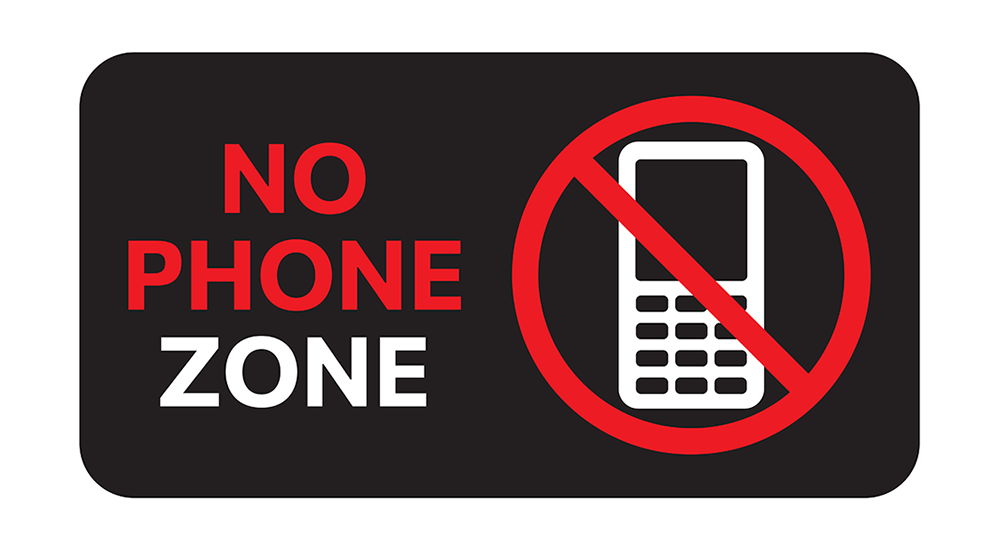New York Governor Kathy Hochul issued a new cell phone mandate on all high schools in New York called the bell-to-bell policy. The new policy was signed into action on May 9, 2025 and went into effect at the beginning of this school year. Like other schools in New York, McQuaid Jesuit has adopted this mandate so that students would be in a better learning environment with fewer distractions, improved academic performance, and reduced social and emotional stress during the school day.
Many McQuaid teachers welcome the policy and its impact on students.
“It [the new phone policy] makes them concentrate and focus more closely on their work,” Senior and Freshman English Teacher Mr. Daniel Gorton said. “And also engage with one another.”
Latin teacher Mr. Mario Morales-Bermudez believes there will be a positive impact on students’ mental health.
Mr. Morales-Bermudez said, “I know putting my phone away during the day is the best thing I can do for me.”
According to the Pew Research Center, one in five teens say social media sites hurt their mental health, while one in two U.S. teens feel that social media harms people their age, which is up nearly 20 percent from 2022. Almost 10 percent more teens admit that they are spending too much time on social media since last year.
Parents are also much more concerned about teens’ mental health than teens are themselves. Fifty-five percent of parents are concerned about teens’ mental health, but only 35 percent of teens are concerned about their own mental health.
Students, however, have differing opinions on the new policy.
“I think it has positively affected my focus in class,” Senior Steven Sciortino said.
The new phone policy seems like a benefit mostly within our school but students at other schools may have different opinions.
“I understand why it was instated. However I disagree with it as I believe the negatives outweigh the positives,” Pittsford Mendon High School senior Eli Charatz said.
Science teacher Mr. David Demers believes that students are responding positively to the policy.
“Students are engaging with the course material more than ever. They’re staying more on task, and they’re even spending less time in the bathrooms,” Mr. Demers said. “At the very least, it’s not making things worse.”







